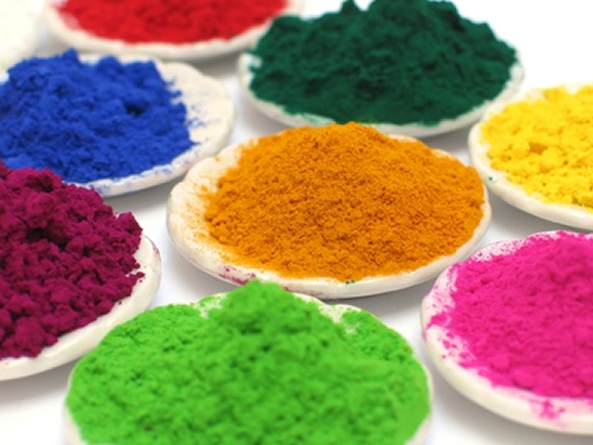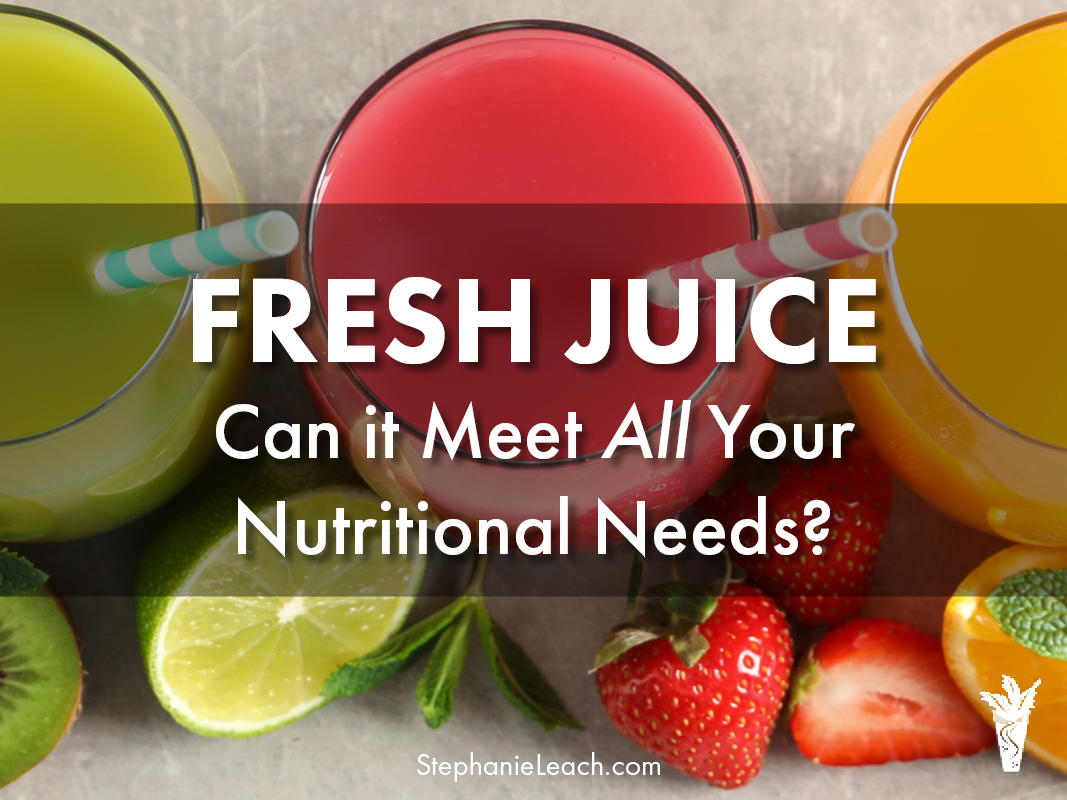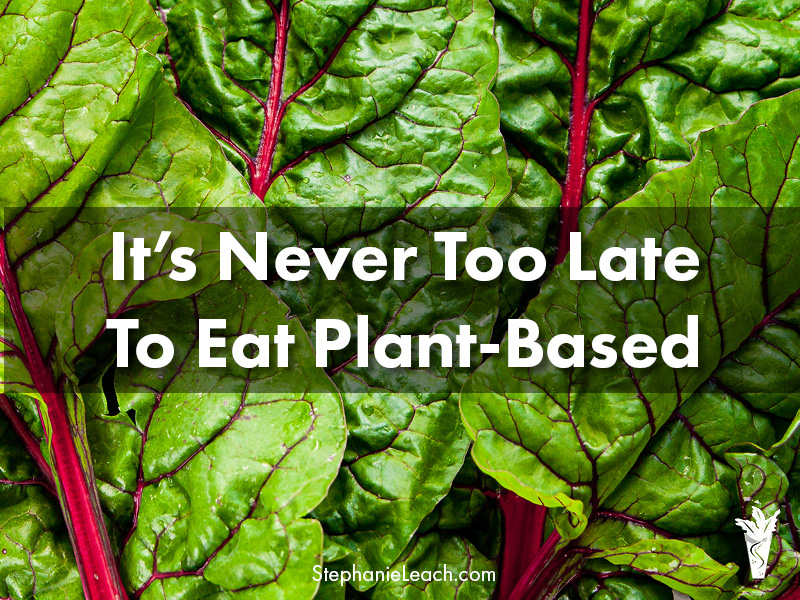I knew there were “a lot” of food additives in processed food. But I didn’t realize until recently just how many preservatives, food dyes, flavorings and other things are being added to what we eat here in the U.S. When I read the number, I had to stop and stare.
So, just how many food additives are there? Over 3000!
The grocery store is brimming with boxes and bags and bottles of “food” items that have been messed with. Today’s highly processed foods are stripped of their natural nutrients and laced with additives to make them palatable, more attractive, and able to sit on a shelf for a year or more.
But should you be concerned about these additives? After all, the FDA allows them in your food.
I believe the answer is an overwhelming YES!
Food Dyes
Some of the food dyes allowed here in the U.S. are not permitted in Europe. For instance, Kellogg’s Strawberry NutriGrain bars are colored with Red 40 in the U.S., but with beetroot extract in the UK.
Why? Because there is enough scientific evidence to warrant concern about chemical food dyes.
Britain and Europe recognize that food dyes are linked to cancer, ADHD and allergies. While many will argue that their dangers have not been proven, there certainly has not been enough testing by independent labs to prove their safety. And chemical food dyes are entirely unnecessary.
Propyl Gallate, GHA and BHT
Propyl gallate is a chemical added to foods that contain oils and fats to prevent oxidation. You may find it in soup mixes, microwave popcorn, chewing gum and frozen meals. While this additive may keep a food item longer on the shelf, unfortunately it is also an estrogen-mimicking food additive. Called xenoestrogens, these additives have been linked to increased risk of breast cancer in women and reduced sperm count in men.
This food additive is often found in conjunction with GHA and BHT which also serve to keep food like potato chips and cereals from going rancid on the shelf. Studies have shown that these additives can cause cancer in rats.
Potassium Bromate
Most often found in baked breads, this food additive “is carcinogenic in rats and nephrotoxic in both man and experimental animals when given orally,” according to the study Toxicity and Carcinogenicity of Potassium Bromate – A New Renal Carcinogen. Potassium bromate (KBrO3) causes renal cell tumors, mesothemliomas, and thyroid follicular cell tumors in rats.
The study noted that commercial bread made from flour treated with potassium bromate was not proven to be carcinogenic in animals, likely because almost all of it is converted to potassium bromide (KBr) during the bread-baking process.
So is it safe? The FDA feels that the amount of potassium bromate left in baked bread is negligible. However, if bromated flour is not baked long enough, or if too much is used, this carcinogen could be found in the end product in greater quantities. It is banned in the EU, Canada, and Brazil. China even bans it.
For me, the bottom line is that this additive, like so many others, is unnecessary and potentially harmful. I have become an avid food label reader, and avoid potentially harmful food additives. I encourage you to do the same. Eat less processed foods, and incorporate more home cooked meals from real, whole foods. I am convinced that our bodies benefit.









Leave A Comment